I have never stopped looking at my daughters and freaking out in my own head at the preposterous truth that they came into this world through a portal that was my very own body. I thought once I had done it once, not to mention twice, once I had grown them and birthed them and nursed them, that it would become understandable. It has not. I now believe it will never feel understandable, but instead, always, like the most freaky, miraculous, sacred thing I have ever been a part of. And boy was I a part of it.
I was reminded of this while reading Rachel Yoder’s incredibly inventive and delightful and original new novel, Nightbitch. I was reminded of just how preposterous and magical motherhood is, how fun and psychologically brutal, and how so few things I’ve read or art I’ve seen has actually gotten underneath it all in the way Yoder somehow has. I was BLOWN AWAY by this book. I can’t recommend it highly enough. I don’t know Rachel. I have never met her. I just read it, at the recommendation of friend and Substack-er Sarah Wheeler, and now I want to tell everyone about it.
So that’s what we’re doing here. Meet Rachel…
Courtney Martin: Hillary Kelly, writing in The New Yorker, says “Yoder sees motherhood as a force so unfathomable that it can’t really be written about using the physiological rules of our universe.” Does that sound right to you? Is that why you wrote this novel outside the bounds of reality? And what genre do you see it as belonging to?
Rachel Yoder: It may seem counterintuitive to turn to magical imagery and impossible animal transformation in fiction as a means to explore the idea of possibility. But to me, this seemed obvious. Here I am, a mother in a seemingly unresolvable quagmire of career and family, ambition and maternal love, so how do I tell this story? It’s going to take something beyond realism to untangle it. I must, in my impossible situation, turn toward the impossible in my writing instead of insisting on something reasonable and realistic. I must embrace the questions, the contradictions, the beast of it, and work with impossibility in order to move toward some sort of workable relationship with the unfathomable.
As for your question about genre, it has been and continues to be my goal to break apart genre as much as possible in my writing. The very first part of this book that I wrote I thought would be an essay, but it turned into “fiction.” And I do consider this book in part autofiction while at the same time drawing from the traditions of fairy tale and horror. Ultimately, I did want it to be “literary” in the sense that it was grappling with something valuable and at core moral, as in, how does a person transform into a mother, beyond just having a child? What does it mean to “become a mother”? What sort of psychological and spiritual evolutions happen in this process? And how can a modern woman live inside this transformation that almost always comes with immense sacrifices not required in the same way of men?
I was mesmerized by the ways in which your main character experienced the most martyr-y feelings I’ve had as a mother, as well as the most powerful. What is this novel saying about mothers’ agency in this society?
I think ultimately it’s saying that mothers and women have to claim their agency, have to demand it. That ultimately we are responsible for our own happiness and it will not be handed to us. We do not live in a society where one of the pressing questions is, “How can we help mothers?”, so we have to insist on the help, the support, the space we need. We have to fight. And sometimes that fight looks like saying to a spouse, “Hey, I’m not cooking anymore. You’re in charge of that now. Thanks.” That’s where it can begin. (A wonderful new book that speaks to this in different yet pertinent terms is Find Your Unicorn Space by Eve Rodsky, which addresses issues of equality in the home as well as how creative self-expression is essential for mothers.)
One of the most beautiful parts of the book is this totally playful, animal dynamic between the mother and son--something I’ve experienced in flashes with my kids, but had a hard time writing about without feeling like it sounds sanctimonious. How much did you draw on your own experience of motherhood in writing those scenes?
I entirely drew from my own experience. Those are and continue to be some of my favorite moments of parenting, when my son and I come up with a dumb game together in the kitchen, batting around a tennis ball or rhyming sillier and sillier words in an effort to make the other person laugh, and we’re entirely consumed by the moment and delighted with each other. This is creativity and parenting at their best.
I love that the mothers you are most set-up to make fun of and despise in the novel become sources of solidarity and magic. Why did you subvert that expectation?
It didn’t feel right to have the mommies only be despised. That felt too easy and mean. I didn’t want these mommies to just be a joke, because that felt like the perpetuation of something patriarchal and sexist and ultimately untrue. They were people, multifaceted, with their own dreams and struggles, and coming into this awareness was part of Nightbitch’s journey, since she wanted to other these women and turn away from them. Sp part of the solution to Nightbitch’s rage and struggle had to be found in community with other mothers. She had to see their humanity in order to fully come into her own.
There is a lot about art and the art world in this book. You’re opening a gallery/bookstore--whose work is on the walls and the shelves?
Lee Running’s work was an early inspiration for the book, so I would love to have any of her pieces on the shelves and walls.
And there are so many others! Some wonderful painters I’ve discovered on Instagram who are also mothers are Alexandra Carter and Jessica Palermo, both of whom have this kinetic, complicated work they are creating with babies on their hips (literally).
Within the comics realm, I love Ramona Muse Lambert’s whimsical drawings…
as well as the vicious, psychedelically-detailed work of Lale Westvind. My husband commissioned a Nightbitch piece from her:
And there are simply too many photographers to name, but some of my very favorites are the quietly dramatic images of Laura Letinsky, the playfully unsettling pictures by Brooke Didonato, Rachel Papo’s series on the first year of motherhood, and Holly Andres, whose image of a ferociously domesticated greyhound graces the cover of the UK edition of Nightbitch.
Don’t you want to stay in her gallery for hours looking around? Rachel has asked that our donation in honor of her labor go to the Iowa Black Doula Collective.
I’m doing an event next week that is free and open to the public. Join us?




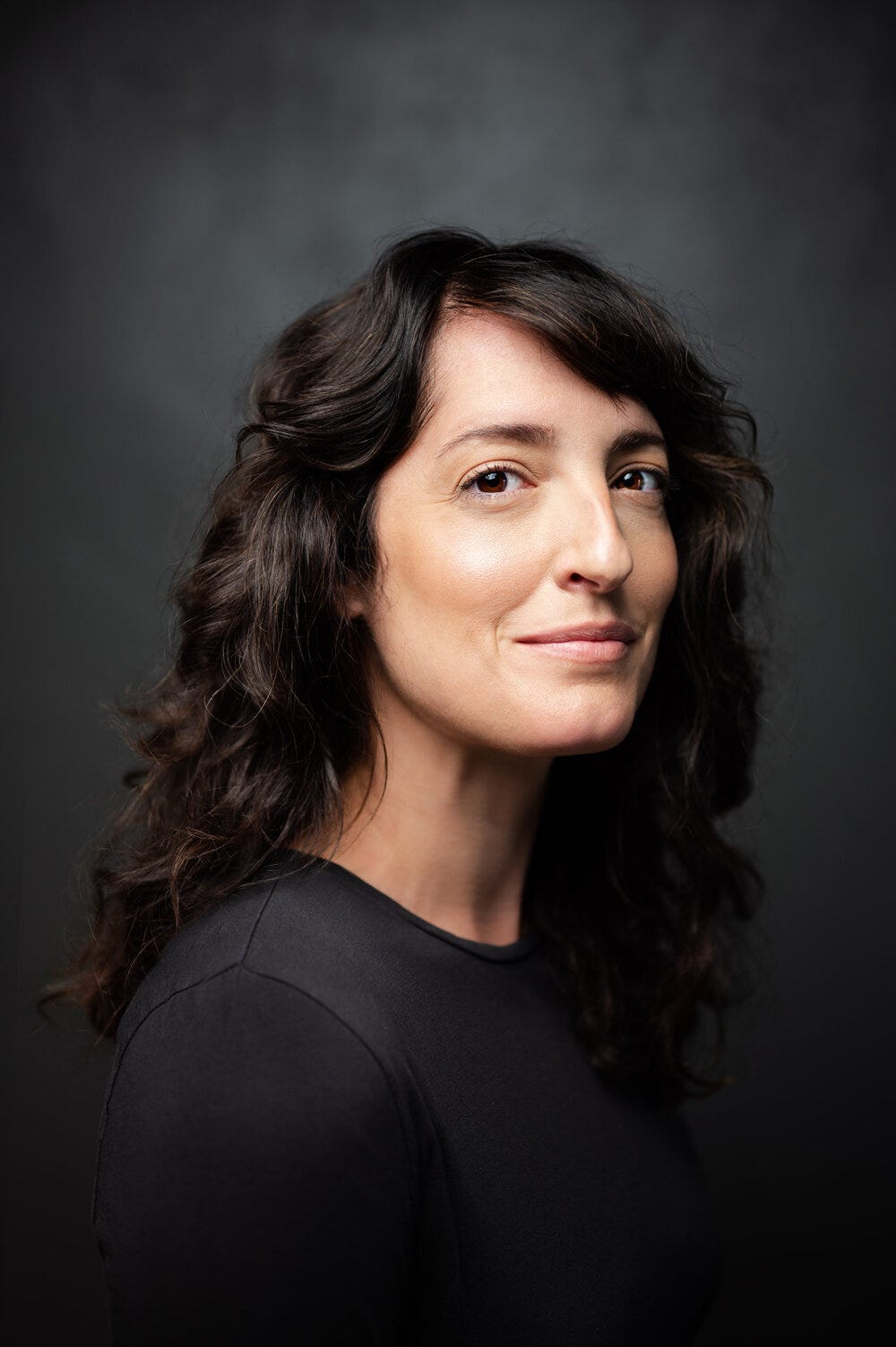
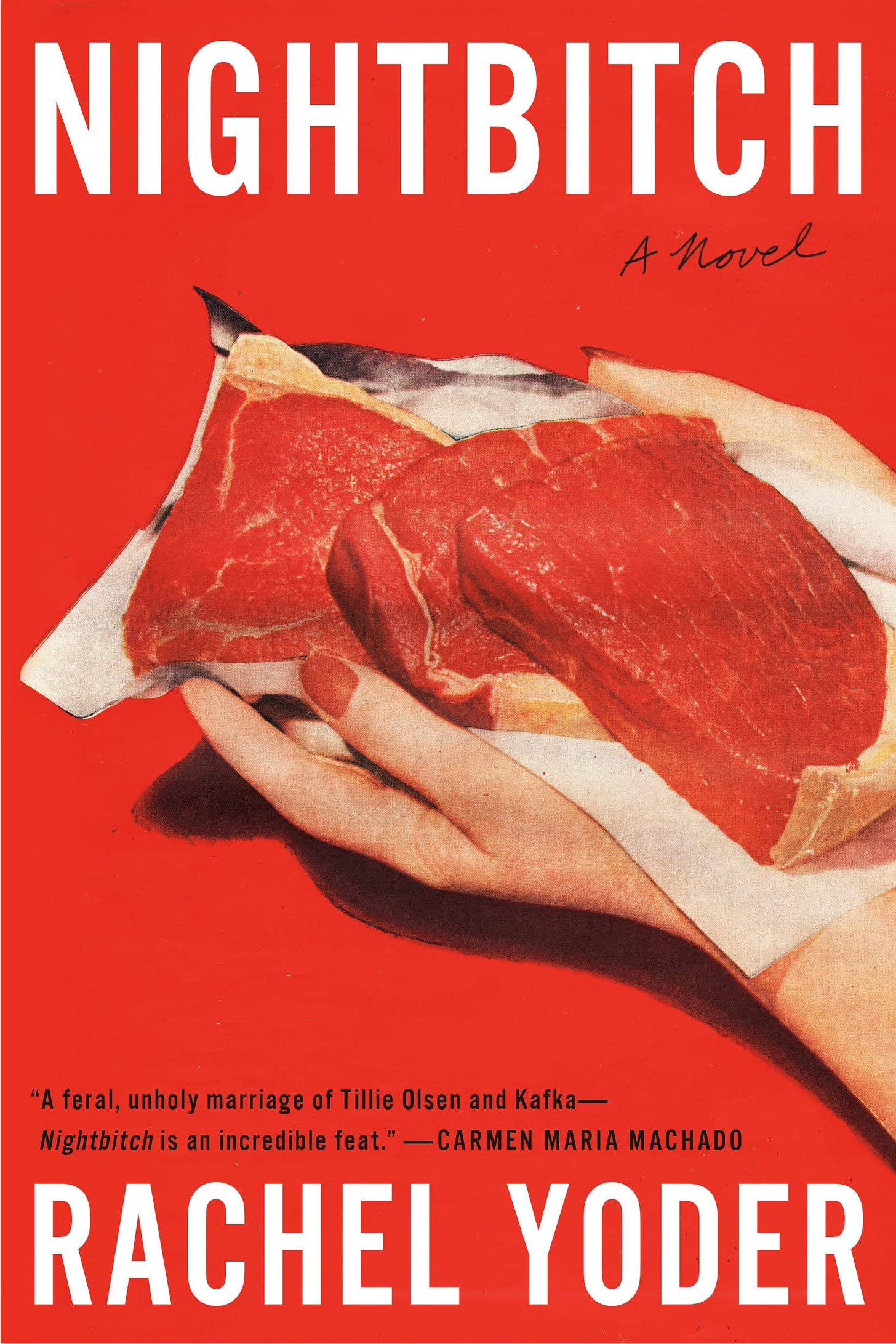
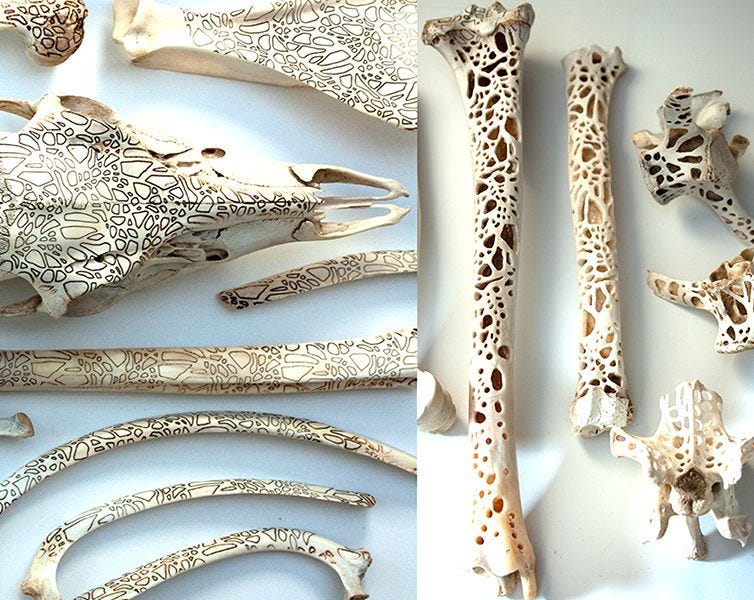


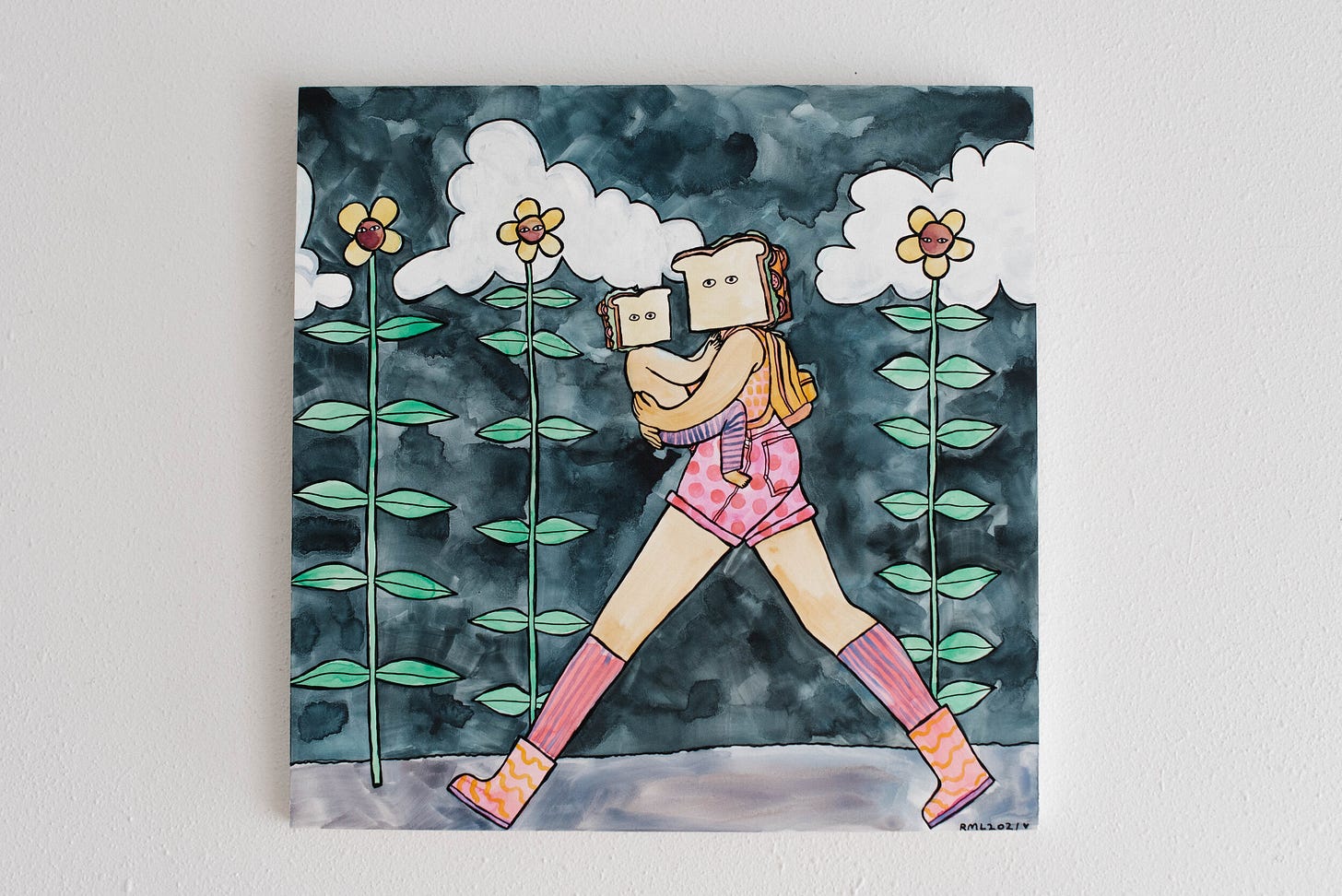
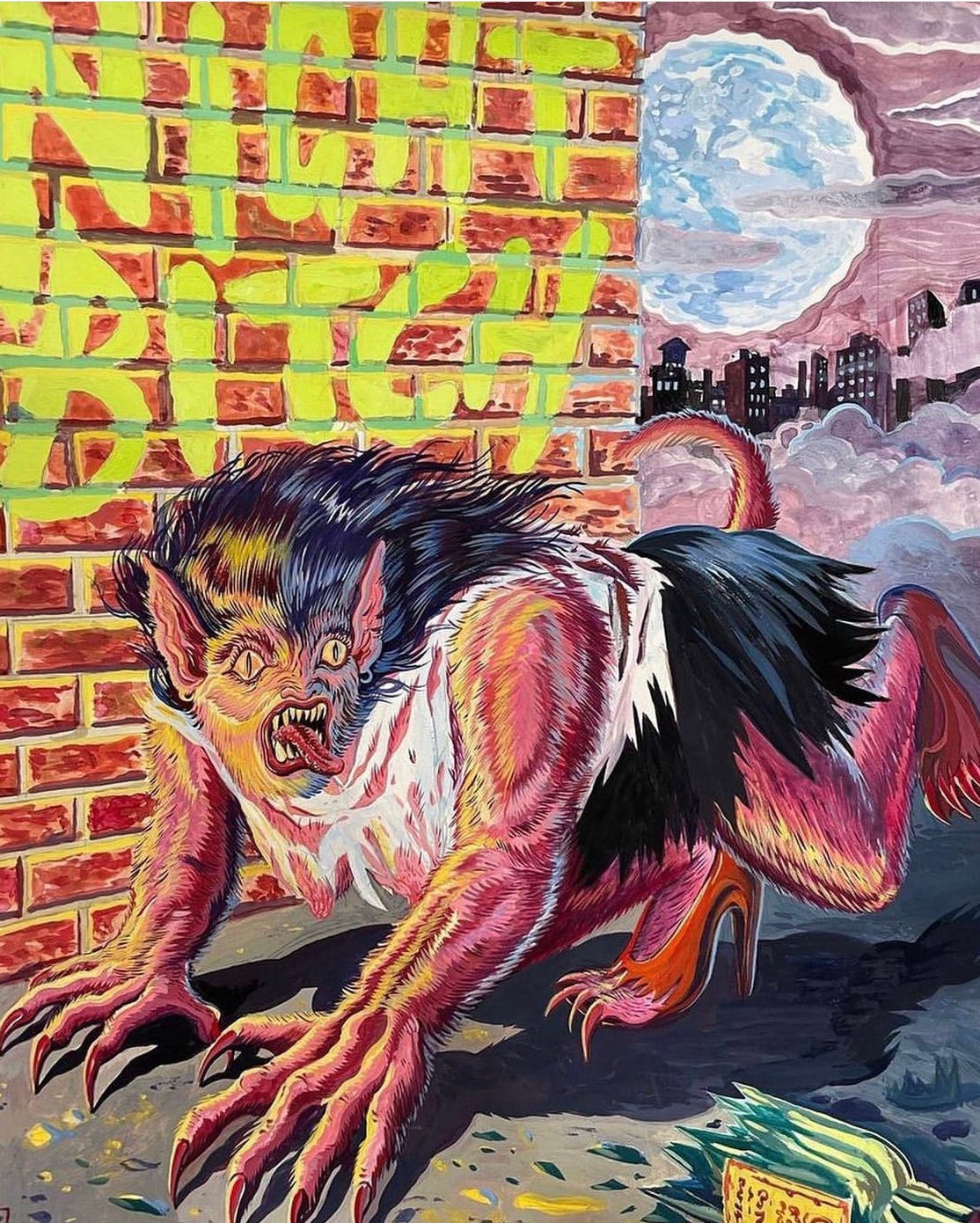
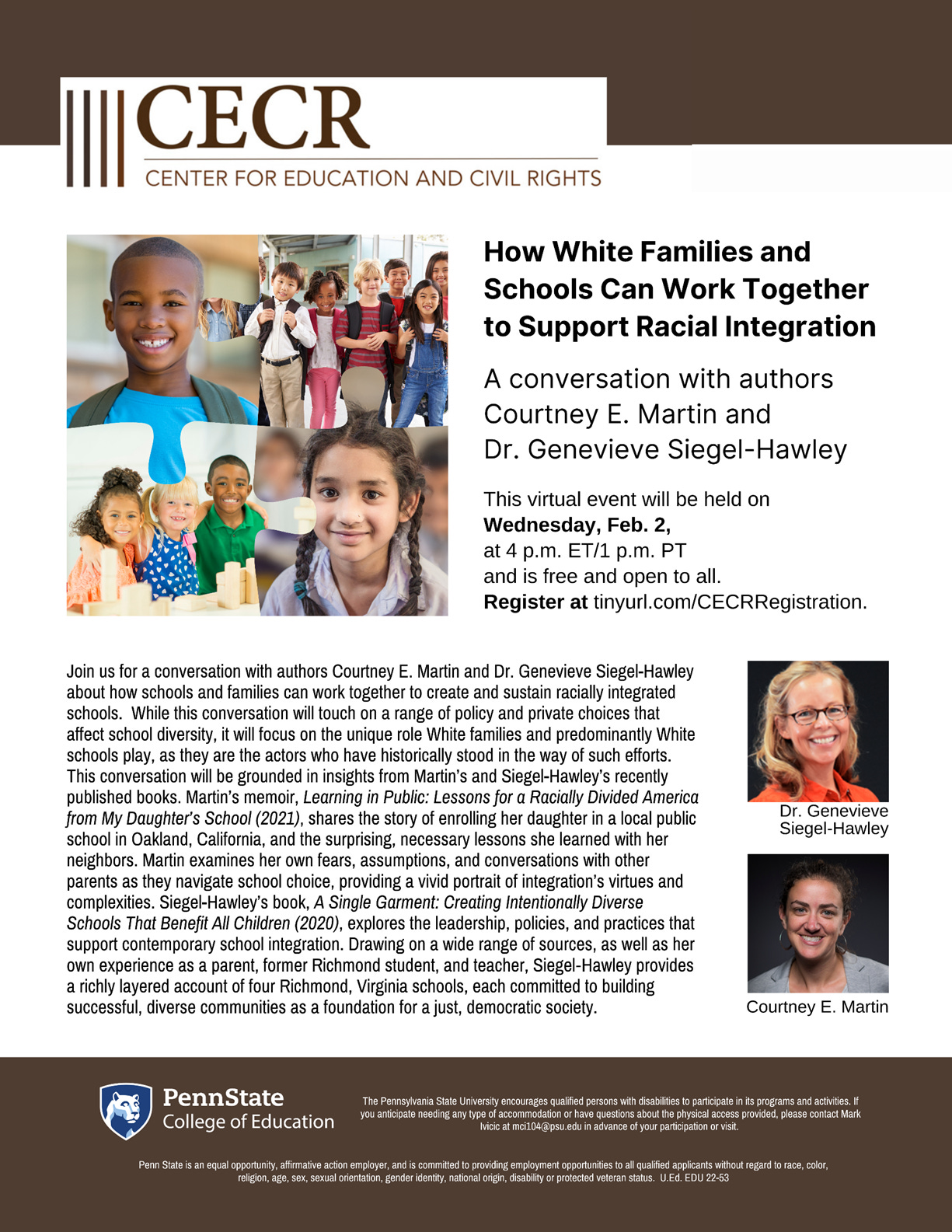
How timely for me—I picked up Nightbitch and Find Your Unicorn Space at the library yesterday! Thank you for affirming my selections :) Can’t wait to dive in. I love what Yoder said about community with other mothers being essential to understanding ourselves in motherhood and transforming our experience of it into something more beautiful than our culture sets up for us. I have found that to be true…genuine community feels like a big missing piece.
I am fangirling hard over here :) are we really going to get a movie and can I please audition for a Jen role???